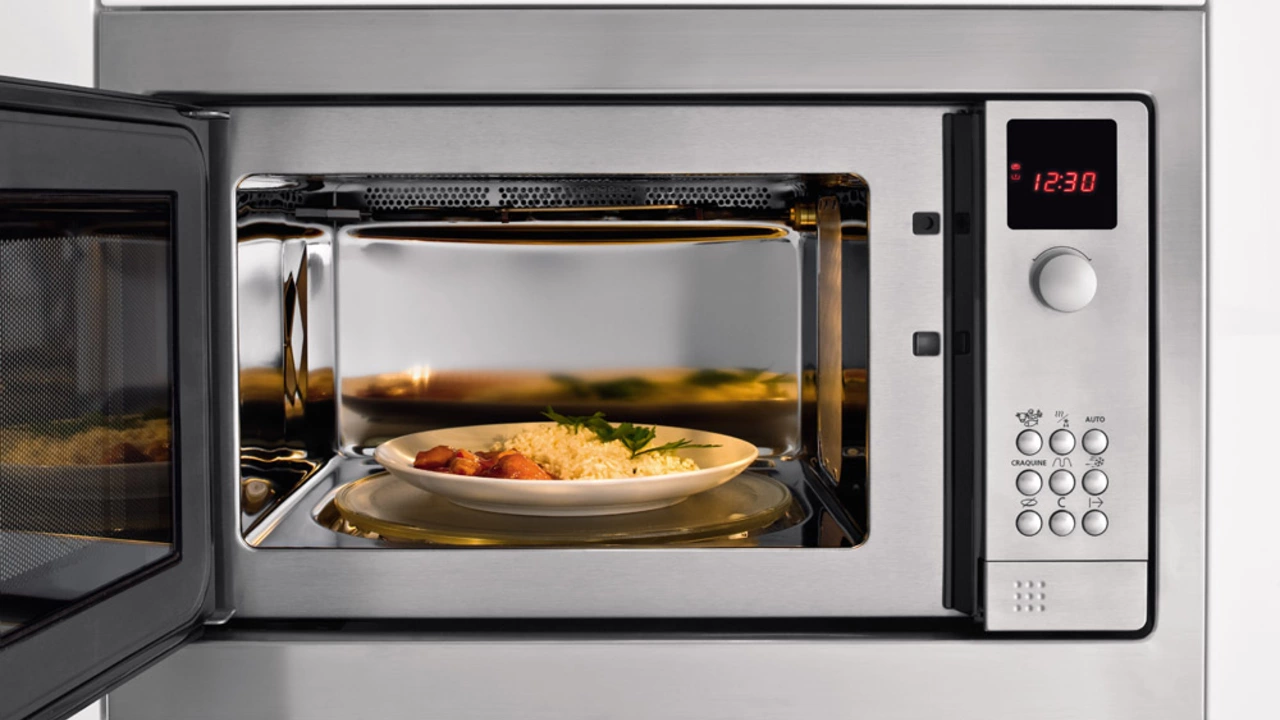Understanding the Basics of Microwaves and Ovens
Let's start at the beginning. Microwaves and ovens are two distinct appliances, each with their own unique set of functionalities. While they may look somewhat similar from the outside, their inner workings and the principles behind their operation are significantly different. Here, we'll dive into the basic concepts of how these two types of appliances work, what they're used for, and how they differ from each other.
The Science Behind Microwave Cooking
Microwaves cook food using microwave radiation. The microwave radiation generates heat by causing water molecules in the food to vibrate, which in turn produces heat. This heat then cooks the food from the inside out. Microwaves are particularly good at cooking food quickly and efficiently, which is why they're a common sight in most kitchens.
Understanding Conventional Oven Cooking
Conventional ovens, on the other hand, cook food using radiant heat. This heat is produced by heating elements located at the top and bottom of the oven. The heat then slowly diffuses through the oven, cooking the food from the outside in. This method of cooking is slower than microwaving, but it's ideal for baking or roasting food, as it allows for more thorough and even cooking.
The Differences in Energy Efficiency
When it comes to energy efficiency, microwaves have a clear advantage. Because they generate heat directly inside the food, they can cook food much faster and with less energy than a conventional oven. However, while microwaves are more energy efficient for cooking small amounts of food, an oven can be more energy efficient for larger meals or for cooking multiple dishes at once.
Comparing Cooking Results
One of the biggest differences between microwaves and ovens is the cooking results they produce. Microwaves are great for cooking food quickly, but they can sometimes result in uneven cooking. They're also not suitable for browning or crisping food. Ovens, on the other hand, cook food more evenly and can be used to bake, roast, and brown food. This makes them a better choice for cooking certain types of meals.
Examining Safety Concerns
Both microwaves and ovens have their own safety concerns. With microwaves, there's the risk of food exploding if it's not properly vented. There's also the concern about microwave radiation, although this is generally considered safe if the microwave is used properly. With ovens, the primary safety concern is the risk of burns from the hot oven surfaces or from the hot food inside.
Deciding Which is Right for Your Kitchen
The decision between a microwave and an oven largely comes down to what you plan to use it for. If you often need to cook food quickly and you don't do a lot of baking or roasting, a microwave could be the better choice. On the other hand, if you enjoy baking or cooking large meals, an oven might be more suitable.
Final Thoughts on Microwaves vs Ovens
In conclusion, both microwaves and ovens have their own unique advantages and disadvantages. Understanding these differences can help you make a more informed decision about which appliance is right for your kitchen. And remember, it's not necessarily an either-or decision. Many kitchens are equipped with both a microwave and an oven, providing the versatility to cook a wide range of meals.
